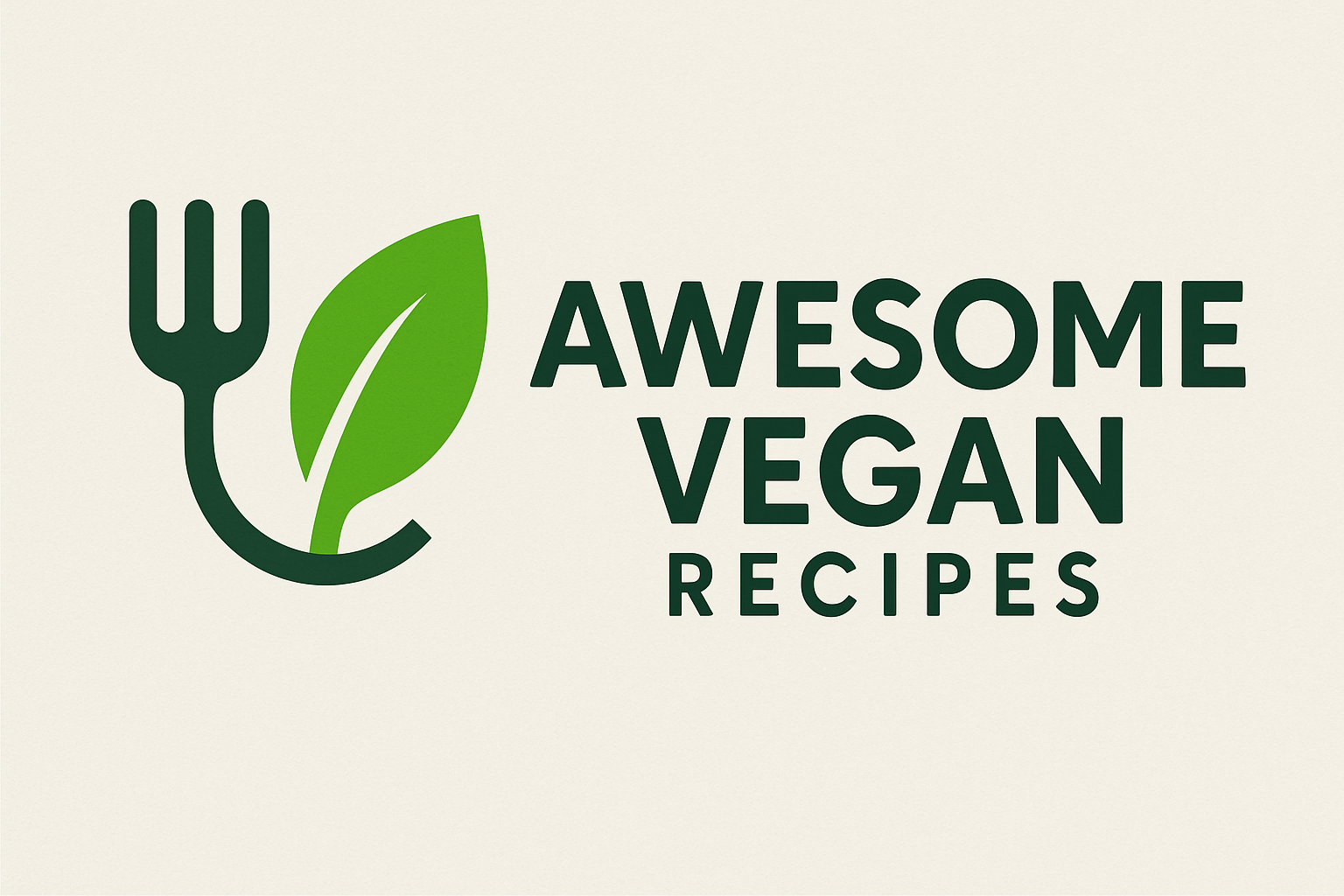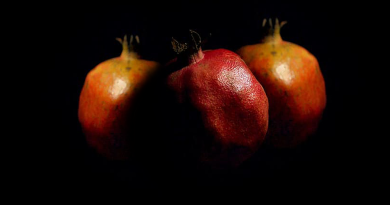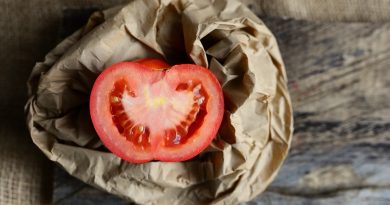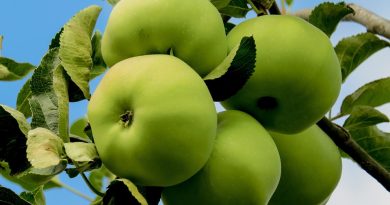The Ultimate Guide to Losing Weight on a Vegan Diet with Raw Foods
The Ultimate Guide to Losing Weight on a Vegan Diet with Raw Foods
In recent years, the popularity of vegan diets has grown significantly, and for good reason. Not only is a vegan diet beneficial for your health, but it can also be an effective way to lose weight. When combined with raw foods, a vegan diet can provide a powerful combination for weight loss and overall wellness. In this ultimate guide, we will explore the key principles of losing weight on a vegan diet with raw foods and provide helpful tips to help you achieve your weight loss goals.
Understanding Veganism and Raw Foods
Before we delve into the specifics of losing weight on a vegan diet with raw foods, it’s important to understand the principles of veganism and raw foods. A vegan diet excludes all animal products, including meat, dairy, eggs, and honey. Raw foods, on the other hand, are foods that are not cooked above a certain temperature (typically around 118 degrees Fahrenheit) in order to preserve their natural enzymes and nutrients. Raw foods include fruits, vegetables, nuts, seeds, and sprouted grains.
Benefits of a Vegan Diet with Raw Foods for Weight Loss
There are several reasons why a vegan diet with raw foods can be an effective tool for weight loss. Firstly, plant-based foods are typically lower in calories and saturated fats compared to animal products, making them a great option for reducing calorie intake. Additionally, raw foods are rich in fiber, which can help you feel fuller for longer and prevent overeating. The high water content of fruits and vegetables can also help keep you hydrated and curb cravings for unhealthy snacks.
Key Principles for Losing Weight on a Vegan Diet with Raw Foods
1. Focus on Whole, Plant-Based Foods: When following a vegan diet with raw foods, it’s important to prioritize whole, nutrient-dense plant foods. This includes a variety of fruits, vegetables, nuts, seeds, and legumes. These foods are not only rich in essential vitamins and minerals but also fiber, which can aid in weight loss.
2. Limit Processed Foods: While there are many convenient vegan and raw food options available, it’s best to limit your intake of processed foods, such as vegan meat substitutes and packaged snacks. These foods are often high in added sugars, sodium, and preservatives, which can hinder your weight loss efforts.
3. Incorporate Leafy Greens: Leafy greens, such as kale, spinach, and arugula, are powerhouse foods that are low in calories but high in nutrients. Adding more leafy greens to your meals can help boost your nutrient intake and aid in weight loss.
4. Hydrate with Water: Staying hydrated is essential for weight loss, and water is the best beverage choice for achieving this. Drinking water throughout the day can help keep you full, prevent overeating, and support your body’s natural detoxification processes.
5. Practice Mindful Eating: Paying attention to your hunger cues and eating mindfully can help prevent overeating and promote weight loss. Take the time to savor your meals, chew your food thoroughly, and listen to your body’s signals of hunger and fullness.
6. Include Protein-Rich Foods: Protein is important for building and repairing tissues in the body, as well as for maintaining muscle mass during weight loss. Include protein-rich foods such as nuts, seeds, legumes, and plant-based protein powders in your meals to ensure you’re meeting your protein needs.
Tips for Success
– Plan your meals ahead of time to ensure you have healthy options available.
– Stock your kitchen with a variety of fruits, vegetables, nuts, and seeds for easy snacking.
– Experiment with different raw food recipes to keep things interesting and prevent boredom.
– Stay active and incorporate regular exercise into your routine to support your weight loss goals.
In conclusion, losing weight on a vegan diet with raw foods can be a healthy and effective way to achieve your weight loss goals. By following the key principles outlined in this guide and incorporating the tips for success, you can create a sustainable and nourishing eating plan that supports your overall health and wellness. Remember to listen to your body, be patient with yourself, and celebrate your progress along the way. Here’s to a healthier, happier you!






